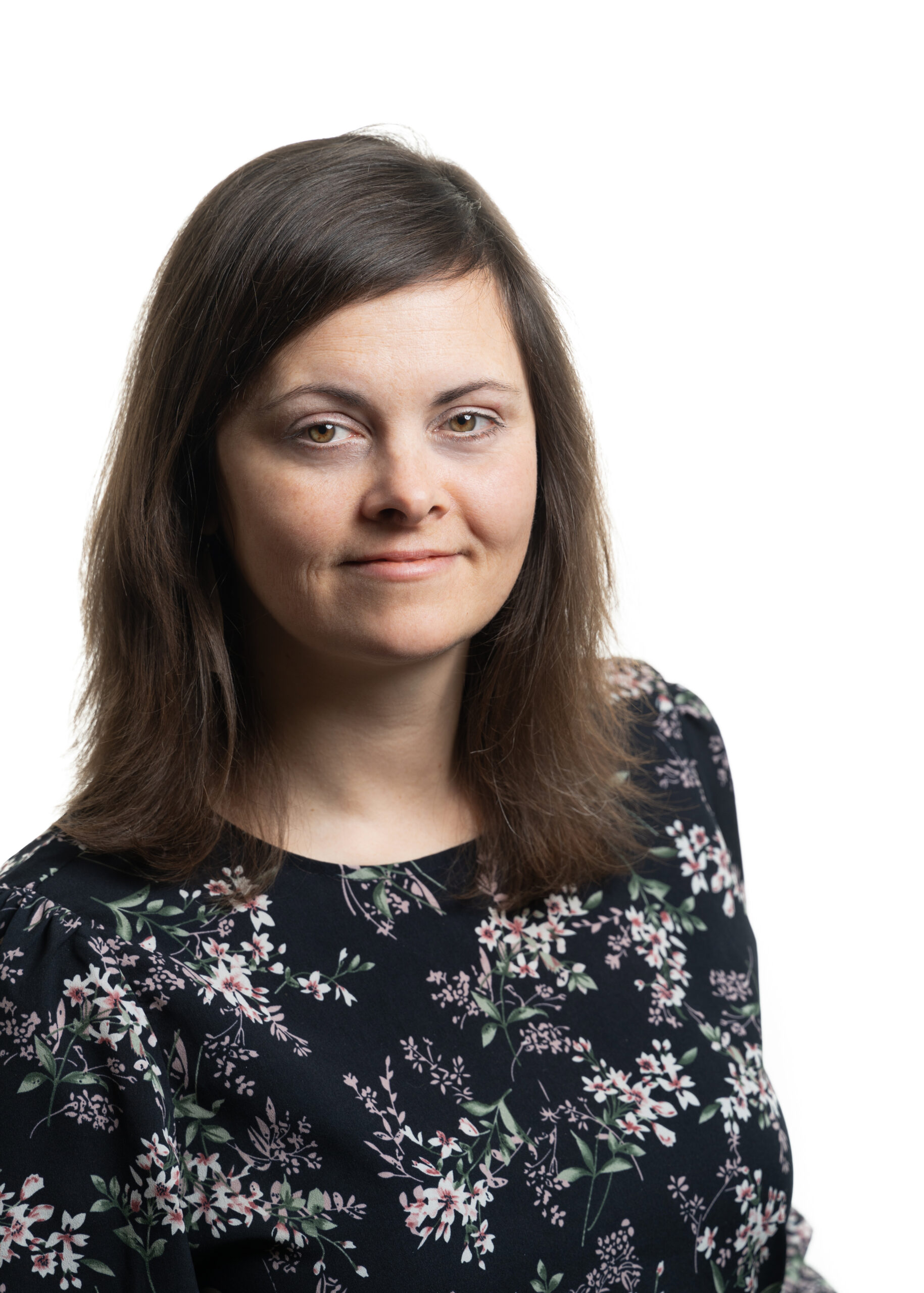2 half-days
How Ottawa Works, for Scientists

Interested in attending? Have a suggestion about running this event near you?
Register your interest now
Description
Scientists play a special role in the federal government. Among other duties, they produce research evidence used to inform federal decision-making. If you have ever wondered how Canada’s government works and how science fits in, this special two-part webinar is for you.
This course is divided into three sections.
-
The first section provides an overview of the structures, processes and players of the Canadian government, how the government is organized and why, and what that means for scientists and researchers.
-
The second section provides with a “user guide” for scientists and researchers working with or in the federal government. This section examines the unique roles that science-based departments and agencies play in the federal government and what its like to work at the science-policy interface
-
The third section examines the process by which scientific knowledge is translated into policies, programs, services, regulations and diplomatic affairs, and the value of plain language communication.
-
This interactive course provides participants with plenty of time to interact with peers in the course.
-
You should attend this course if you work as a researcher or scientist in the federal public service, if you are new to the federal government, or if you are in a new role that requires a greater understanding of the science-policy interface.
Learning Objectives:
-
You will learn the foundational knowledge covered in How Government Works: the Westminster model of government in Canada, including the roles and responsibilities of Parliament, Cabinet and ministers and how these elements work; the roles of the Prime Minister including as chair of Cabinet; the planning cycles and decision-making processes surrounding Cabinet and its committees, including the Treasury Board; the role of central agencies; and more.
-
You will explore the role of the scientist within the public service.
-
You will gain an understanding of the science-policy interface.
-
You will leave with an appreciation of the realities of scientists and policy analysts in the federal public service.
-
You will gain practical tools for improving plain language communication.
Duration
- 2 half-days, including brief breaks to maintain engagement and facilitate learning absorption.
Special Offers
Take advantage of these exclusive discounts available when registering for IOG courses:
- Group Course Discount: Register 3 or more colleagues together for the same course and receive 10% off your total registration fee.
Learning together builds team capacity—and helps you save on training costs. - Individual Bundle Discount: Register as an individual for 3 or more courses at the same time and save 10% on your total registration fee.
Advance your professional development while maximizing value.
Facilitators

For almost 20 years, Rhonda Moore has worked at the intersection of communications, research, and policy analysis and development. At that intersection, Rhonda has sought out opportunities to build relationships, to connect people and ideas, and to promote evidence-informed decision making in plain language.
Prior to joining the IOG in May 2018, Rhonda worked for a variety of private, public, and non-profit organizations including the Association of Universities and Colleges of Canada (now Universities Canada), the Natural Sciences and Engineering Research Council, the University of Ottawa, and the Public Policy Forum.
Rhonda is a member of the board of directors of the Science Writers and Communicators of Canada. In 2017 she co-chaired the annual conference, and in 2020 she chaired the organization’s first virtual conference.
Rhonda has a Bachelor of Public Relations from Mount Saint Vincent University and a Master’s degree in Science, Technology and Innovation studies from the University of Edinburgh, with distinction. Rhonda received the University of Edinburgh’s David Edge prize for her dissertation.
Rhonda is fueled by coffee, reading, travel, and spending time outdoors.
